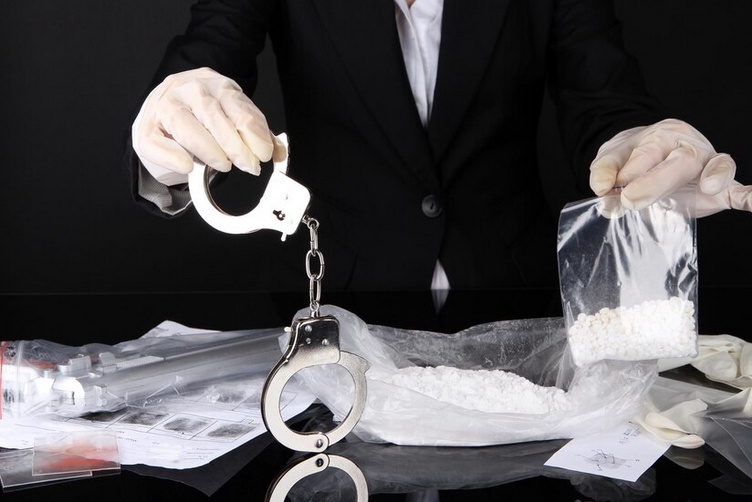Being charged with narcotics offenses can have severe legal consequences and can significantly impact an individual's life. Whether it is possession, distribution, trafficking, or manufacturing of narcotics, these charges are taken very seriously by the legal system. In such situations, it is crucial to have a competent and experienced narcotics lawyer who can guide you through the legal process and protect your rights. This comprehensive guide aims to provide you with essential information on how narcotics lawyers can help unravel narcotics charges and safeguard your rights.
Understanding Narcotics Charges:
Narcotics charges involve the illegal possession, sale, distribution, or manufacturing of controlled substances. These substances, commonly referred to as narcotics, include drugs such as heroin, cocaine, methamphetamine, LSD, and ecstasy. The severity of the charges depends on various factors, including the type and quantity of narcotics involved, the intent of the individual, and their criminal history. Narcotics offenses carry significant penalties, ranging from fines to lengthy imprisonment.
The Role of Narcotics Lawyers:
Narcotics lawyers specialize in defending individuals accused of narcotics offenses. They possess in-depth knowledge of narcotics laws, criminal procedures, and relevant case precedents. Here are some essential roles a narcotics lawyer fulfills:
-
Legal Advice and Guidance: A narcotics lawyer provides expert legal advice and guidance throughout the legal process. They analyze the facts of the case, assess the strength of the evidence against the accused, and develop a strategic defense plan accordingly.
-
Case Evaluation and Investigation: A skilled narcotics lawyer evaluates the details of the case, including the legality of the search and seizure, the credibility of witnesses, and any potential violations of the accused's constitutional rights. They conduct a thorough investigation, gather evidence, interview witnesses, and consult with experts to challenge the prosecution's case.
-
Defense Strategy: Based on their analysis and investigation, a narcotics lawyer develops a defense strategy tailored to the specific circumstances of the case. They identify any weaknesses in the prosecution's case and use legal tactics to challenge the evidence or create doubt about the accused's guilt.
-
Negotiation and Plea Bargaining: In some instances, a narcotics lawyer may engage in negotiation with the prosecution for a favorable plea agreement. They use their legal expertise and knowledge of the law to secure reduced charges or penalties, ultimately aiming for the best possible outcome for their client.
-
Court Representation: A narcotics lawyer represents their client in court proceedings. They present arguments, cross-examine witnesses, challenge the admissibility of evidence, and advocate for their client's rights and interests. Their goal is to create reasonable doubt in the minds of the judge or jury regarding the accused's guilt.
-
Protecting Rights: One of the most crucial roles of a narcotics lawyer is to ensure that the accused's rights are protected throughout the legal process. They safeguard against any violations of constitutional rights, such as illegal searches or coerced confessions, and ensure that the accused receives fair treatment under the law.
Hiring a Narcotics Lawyer:
When facing narcotics charges, it is essential to hire a competent and experienced narcotics lawyer who can provide effective representation. Consider the following factors when selecting a narcotics lawyer:
-
Specialization and Experience: Look for a lawyer who specializes in criminal defense, particularly narcotics offenses. Their experience in handling similar cases will give them valuable insights and strategies to defend you effectively.
-
Track Record: Evaluate the lawyer's track record in handling narcotics cases. Consider their success rate in obtaining favorable outcomes for their clients. Client testimonials and reviews can provide useful information in this regard.
-
Communication and Trust: Choose a lawyer with whom you can communicate effectively and who listens to your concerns. Trust and open communication are crucial for a strong lawyer-client relationship.
-
Resources and Networks: Determine whether the lawyer has access to resources and networks that can support your defense. This includes connections with experts, investigators, and other legal professionals who can strengthen your case.
-
Fee Structure: Discuss the lawyer's fee structure and ensure it aligns with your budget. Some lawyers may offer flexible payment options or work on a contingency basis, where fees are contingent upon achieving a successful outcome.
Conclusion:
Facing narcotics charges is a serious matter, but with the assistance of a skilled narcotics lawyer, you can protect your rights and navigate the legal process more effectively. A narcotics lawyer will provide you with expert legal advice, build a robust defense strategy, and represent your interests in court. When hiring a narcotics lawyer, consider their specialization, experience, track record, communication style, and available resources. Remember, having the right legal representation can make a significant difference in the outcome of your case.


No comments yet